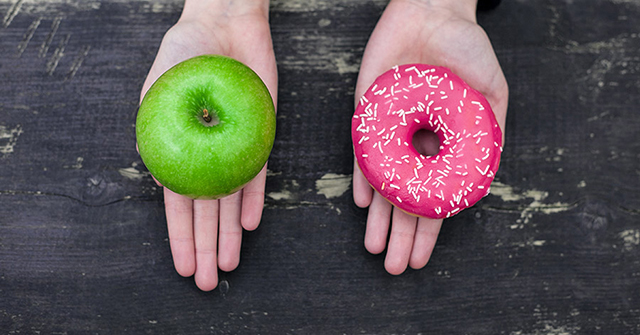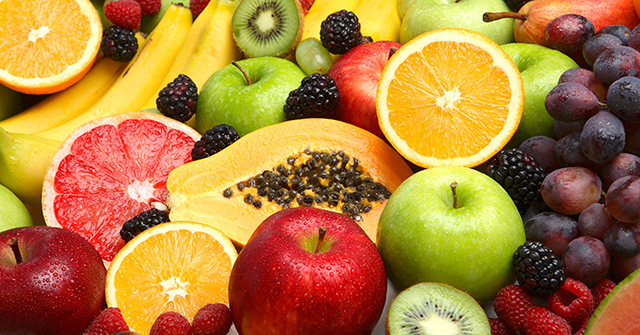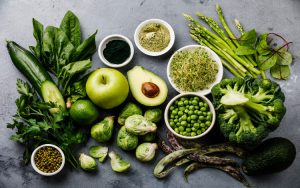The oh-so-sweet topic of sugar has become a polarising subject in the world of ‘healthy living’. In the blame game of lifestyle disease, sugar rates highly as the number 1 suspect, and for good scientific reason. The increased consumption of highly processed food and less physical activity is directly linked to the sky rocketing rates of Type II diabetes and heart disease. Asia has traditionally been ‘protected’ from such diseases because of the noticeable lack of processed foods compared to Western countries, but the statistics are proving otherwise. Asia is becoming an overachiever (IN A VERY BAD WAY) in the growth of lifestyle disease with 60% of the worlds type II diabetics being Asian.
Managing your sugar intake is just one small tool in your diabetes-fightin’ toolbox. However, far and away, the most useful tool is weight (and body fat) management, however you manage to accomplish it. – Precision Nutrition
So, why wouldn’t we jump on the ‘I quit sugar’ bandwagon if we are promoting a healthy lifestyle that improves risk of lifestyle disease? Unfortunately, all ‘sugars’ have been tarred with the same brush. What? As we have written about in a previous blog on “What’s the Big Deal About Sugar”, there is more than one type of sugar you say? Ahhhha! Here in lies the problem. Not all sugars were created equal. And not all sugars are evil. So, before you become judge, jury and executioner, let’s sort the divine from the evil!

What is sugar?
Sugars are soluble carbohydrates that provide energy for your body to function. They have been a naturally occurring part of the human diet for thousands of years. Your brain, organs and muscles need sugar, in the form of glucose, to function properly. Some sugars are found naturally in food, e.g. Fruits, vegetables and milk, while others are processed, refined and added to foods for taste or to preserve.
Will sugar make you fat?
Your body absolutely needs carbohydrates for energy, however all sugars can’t be ‘lumped’ together. The type and amount of sugar you choose to consume will have an enormous impact on how well you use that energy and how much of it you store as fat! All sugar that you consume, whether it be natural or processed, is broken down into the useable form of ‘glucose’. If you have excess of ANY sugar then you will store it as glycogen. When your body needs fuel instantly it calls on these glycogen stores to convert back to glucose. Here is the problem though, if your glycogen stores are full, and you continue to consume sugar (in any form), you will store this as fat.
“In 2013, a review commissioned by the World Health Organization investigated how sugar affected fat gain.
It found that increasing sugar intake can increase body weight, and lowering sugar intake can decrease body weight… but only by changing energy balance, not by any physiological or metabolic effect of sugar itself. In other words, if we eat more sugary foods, we might be eating more energy (i.e. calories) overall.
Because most high-sugar foods are refined, tasty, and hard to stop eating. We digest and absorb the energy they contain quickly and easily, they overstimulate the reward/pleasure centers in our brain, and we tend to overeat them.
So, the sugar itself may be less of a culprit than the fact that many of us just can’t quit at just one gummi bear or sip of soda.” – Precision Nutrition
Your body works on a supply and demand system
If you deplete your glycogen stores then your body will call on the next thing it can metabolise into glucose, which is either fat or protein. This is one of the reasons why it is so important to build muscle while on a weight loss program, so that you lose body fat rather than muscle mass (protein).

So, what makes processed sugar so bad?
The main issue with processed sugar is that it offers no nutritional benefit. It is a simple source of energy for you, with no vitamins, minerals or antioxidants, hence processed sugar is considered ‘empty calories’. The other issue is the amount of hidden sugar used in processing and cooking other foods. Often, many sauces, tinned foods and restaurant prepared meals have considerable amounts of sugar to either extend their shelf life or balance flavours. This leads to an unwitting overconsumption of processed sugar as well as addiction-like dependency on sugar for flavour.
Sugar with benefits
There are still plenty of ways to satisfy your sweet tooth, without turning to the granulated stuff. Opt for wholefood sources of sugar, such as fruits, vegetables and dairy products. Your body still recognises these foods the same way it would as processed sugars, but they contain the benefit of micronutrients and fibre, meaning you feel fuller for longer.
Who cares?
You should! The Asian community is fast becoming the biggest victim of the ‘Western diet’. With dramatic growth in lifestyle disease and the cost of health care increasing, processed sugar has a lot to answer for. Active8me wants to see a healthy and active Asia, enjoying the modern take on traditional foods. We are not about restricting your diet. That never works long term. Instead we want to educate you and expand your knowledge of a nutritionally balanced diet so you can make great nutrition decisions.
What we recommend
It is time you became aware of what you are actually putting into your body. Not all sugar is bad, but there is no denying that processed sugar serves no health purpose for you. We don’t agree with the concept of quitting sugar. Rather we advocate limiting the amount of PROCESSED sugar you consume, whether that be hidden or overt. There are no promises it will be easy to cut the processed foods from your diet, but there is no question that it is necessary. It doesn’t matter what your size is or what your weight is (especially within the Asian community where ‘skinny fat’ is a striking phenomenon). Reducing processed sugar is important for everyone. That is, your internal health is comparable to that of an unhealthy ‘fat’ person even though your body is still on the slimmer side. Therefore, putting you at risk of lifestyle diseases, just like someone who is more obviously overweight).

The sweet facts to remember
- Your body needs glucose (a form of sugar) to function.
- There are many forms of sugar, including naturally occurring and processed. Sugar is not the enemy. Processed sugars are the enemy you need to avoid.
- Eat too much of any food and you will store it as fat.
- Processed foods have many hidden calories, so you are vulnerable to overeating.
- Be wary of the sugar content of your food and what you are putting in your body.
- This is very important given the prevalence and growth of preventable lifestyle diseases (like obesity and diabetes). And especially in Asia.












